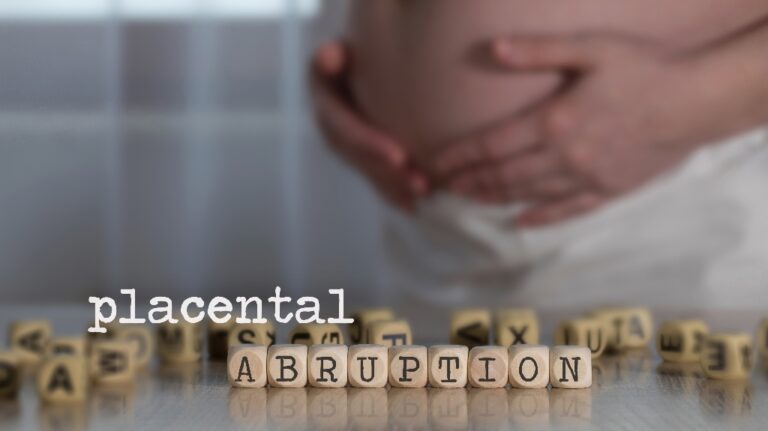Filing a Birth Injury Claim in Pennsylvania: What Makes This State’s Laws Unique?
When a child is injured during birth, families often face a long and difficult road. In many cases, the injury could have been avoided. If you believe that something went wrong during delivery and your child was harmed because of it, you may want to speak with someone who understands what steps to take. Each…










